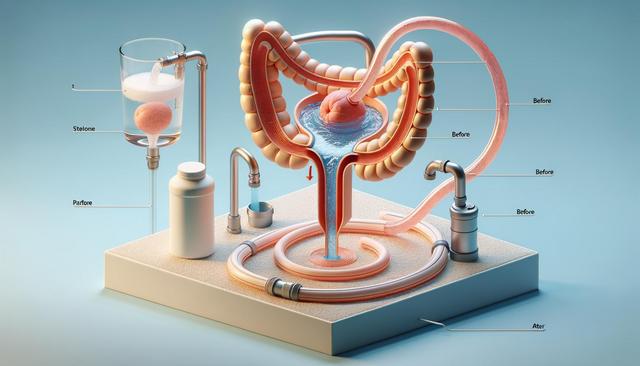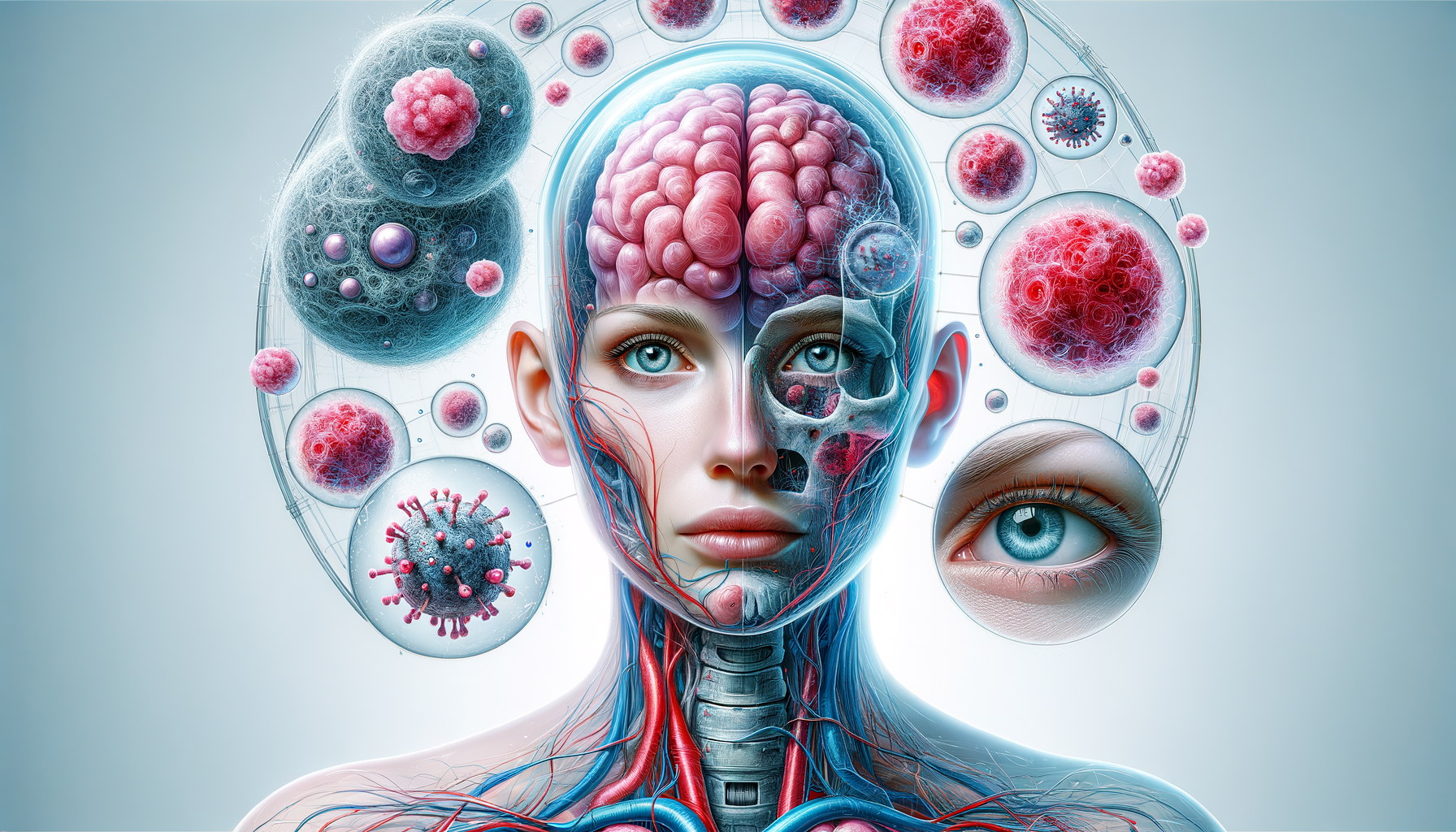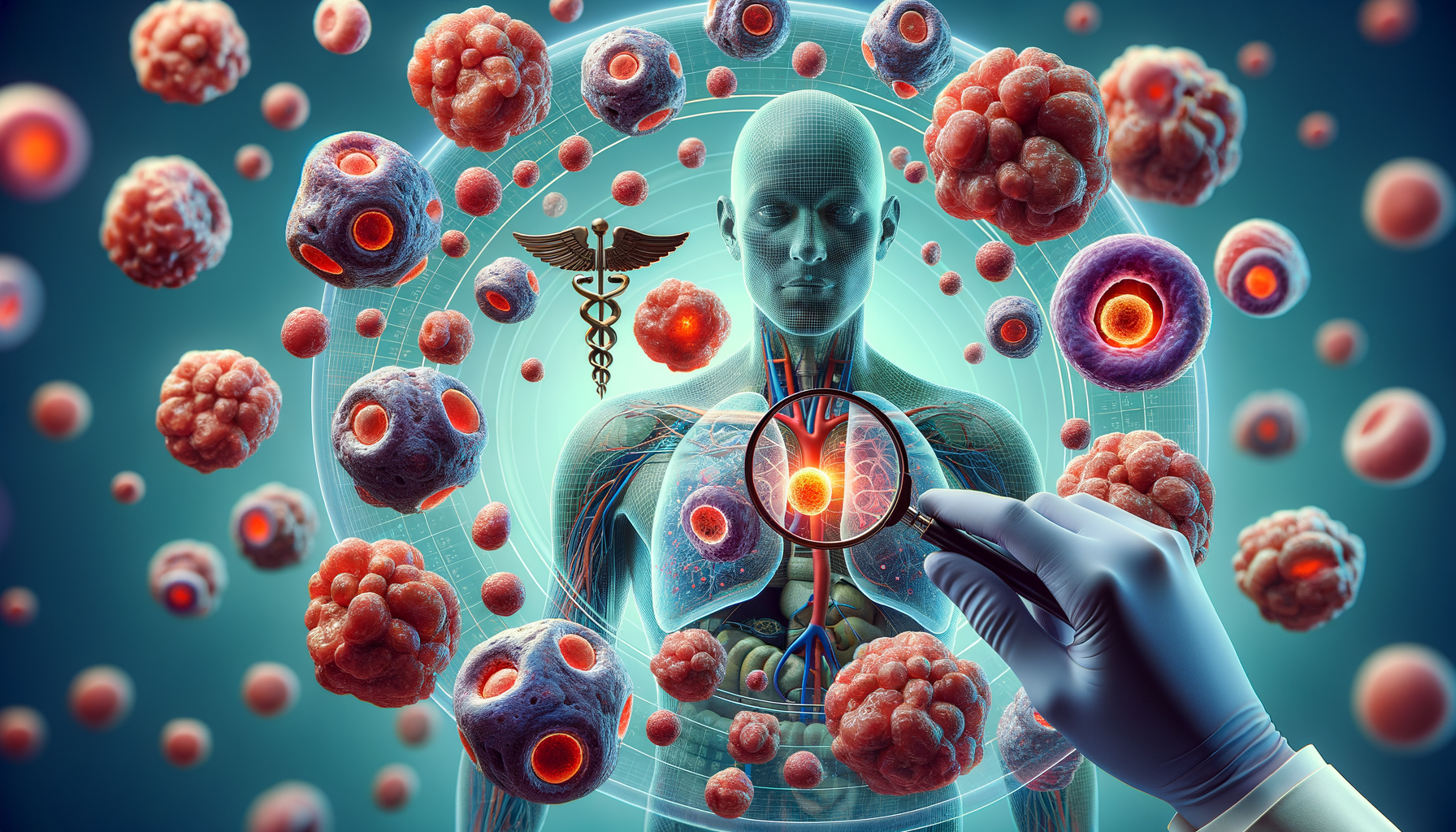Common Causes of Reduced Urine Flow
Urine flow problems can stem from a variety of medical conditions, lifestyle factors, or age-related changes. In men, one of the most frequent causes is an enlarged prostate, which compresses the urethra and restricts the passage of urine. For both men and women, urinary tract infections (UTIs), kidney stones, and bladder dysfunction can also lead to a weak or interrupted stream. Less commonly, neurological disorders that affect bladder control, such as Parkinson’s disease or multiple sclerosis, may play a role. Understanding the root cause is crucial for finding an effective urine flow solution tailored to the individual’s needs.
Some typical symptoms that may indicate urine flow problems include:
- Difficulty starting urination
- Straining or pain during urination
- Dribbling or a weak stream
- Feeling of incomplete bladder emptying
- Frequent urination, especially at night
Identifying these symptoms early and consulting a healthcare provider can help prevent complications and improve quality of life.
Medical Treatments and Interventions
Depending on the diagnosis, several medical treatments are available to improve urine flow. Prescription medications are often the first line of defense. Alpha-blockers, for instance, help relax muscles in the bladder neck and prostate, making it easier to urinate. In cases involving infections, antibiotics may be prescribed to clear up the underlying cause. For those with significant prostate enlargement, 5-alpha-reductase inhibitors may be used to shrink the gland over time.
In more severe cases, surgical interventions might be necessary. These can include:
- Transurethral resection of the prostate (TURP)
- Laser therapy to remove excess prostate tissue
- Urethral dilation or stents
Each option comes with its own set of risks and benefits, and decisions should be made in consultation with a qualified urologist. Advances in minimally invasive procedures have improved recovery times and outcomes for many patients.
Lifestyle Changes That Support Healthy Urination
In addition to medical treatments, lifestyle adjustments can significantly contribute to better urinary health. Staying hydrated is essential, as concentrated urine can irritate the bladder and worsen symptoms. However, it is also important to avoid excessive fluid intake close to bedtime to reduce nighttime trips to the bathroom.
Other beneficial lifestyle practices include:
- Limiting caffeine and alcohol, which can irritate the bladder
- Maintaining a healthy weight to reduce pressure on the bladder
- Regular physical activity to support overall health and circulation
- Practicing pelvic floor exercises, especially for women
These habits can complement medical treatments or serve as preventive measures for those at risk of urine flow issues.
Natural Remedies and Supportive Supplements
Some individuals explore natural treatments and supplements as part of their strategy to improve urine flow. While these should not replace professional medical advice, certain herbal supplements have shown potential in supporting urinary health. For example, saw palmetto is often used to manage symptoms of an enlarged prostate. Pumpkin seed extract and pygeum are also popular in formulations aimed at promoting normal bladder function.
Before starting any supplement regimen, it’s essential to:
- Consult with a healthcare provider to avoid interactions with existing medications
- Choose high-quality products from reputable sources
- Monitor for any side effects or changes in symptoms
Natural remedies can serve as a valuable addition to a broader urine flow solution, particularly when used responsibly and in accordance with medical guidance.
When to Seek Professional Help
While occasional changes in urination may not be cause for concern, persistent or worsening symptoms should not be ignored. Seeing a healthcare provider is especially important if there is pain, blood in the urine, or if urination becomes increasingly difficult. These could indicate more serious conditions such as bladder stones, infections, or even tumors.
Diagnostic tools such as urinalysis, ultrasound, and urodynamic testing can provide insights into the cause of urine flow issues. Early detection often leads to more effective treatment and a quicker return to normal function. Remember, seeking help is a proactive step toward maintaining overall well-being.
Taking charge of one’s urinary health can lead to improved comfort, better sleep, and enhanced quality of life. Whether through medical treatment, lifestyle changes, or supportive supplements, solutions are available for those experiencing urine flow difficulties.
Conclusion: Taking Urinary Health Seriously
Urine flow problems can affect anyone and often signal underlying health issues that should not be overlooked. With a combination of medical treatment, lifestyle adjustments, and supportive therapies, it is possible to manage and even improve urinary function. Timely intervention and informed choices are key. If you or someone you know is facing these challenges, consider speaking with a healthcare provider to explore appropriate urine flow solutions and restore comfort and confidence in daily life.




Leave a Reply